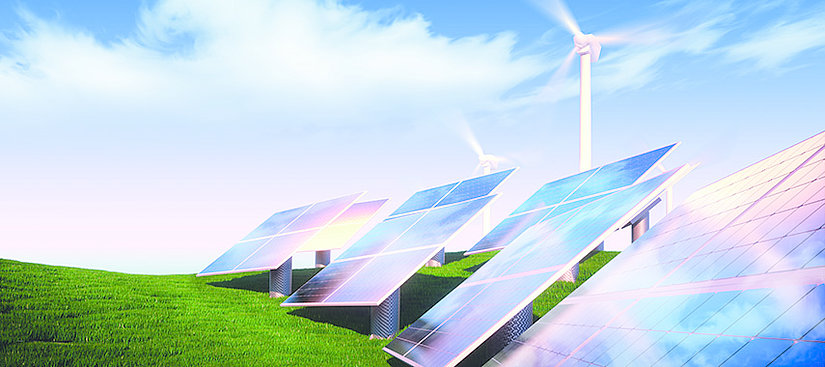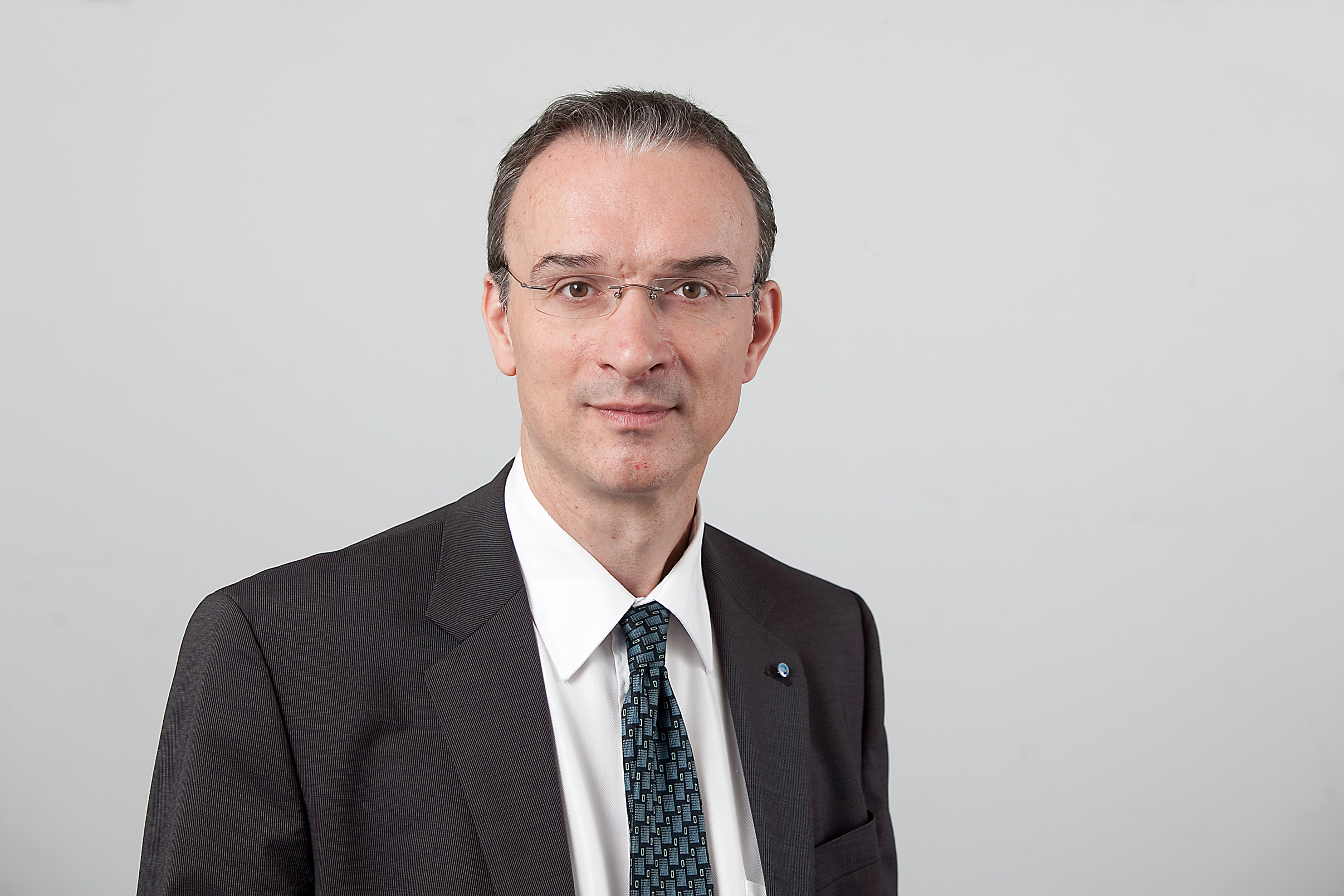Electrical engineering
- Fulltime
- Dual

Future with excitement
Electrical engineering offers sustainable solutions for current challenges. As an electrical engineer, you drive forward the decisive technical developments and thus secure the future! After all, electrical engineering is so ubiquitous that we hardly notice it anymore. It can be found in smartphones, computer networks, electric cars, robots and photovoltaic systems, for example. Our lives are becoming increasingly digitalised and require efficient electrotechnical devices that think for themselves.
This course can only be studied in German.
What you need to bring along
- Language level C1 is required and the language of instruction is German.
- General or subject-specific higher education entrance qualification
- Alternatively: entrance qualification for universities of applied sciences or a qualification recognized as equivalent in the course of professional qualification
- Admission restricted, local numerus clausus!
Application process
The application phase for the approval-free Bachelor’s degree programmes for the coming winter semester begins on 01. May 2026 and ends on 15. September 2026. Applications can only be submitted online via our application portal.
If you have any questions, please contact the german application support team.
